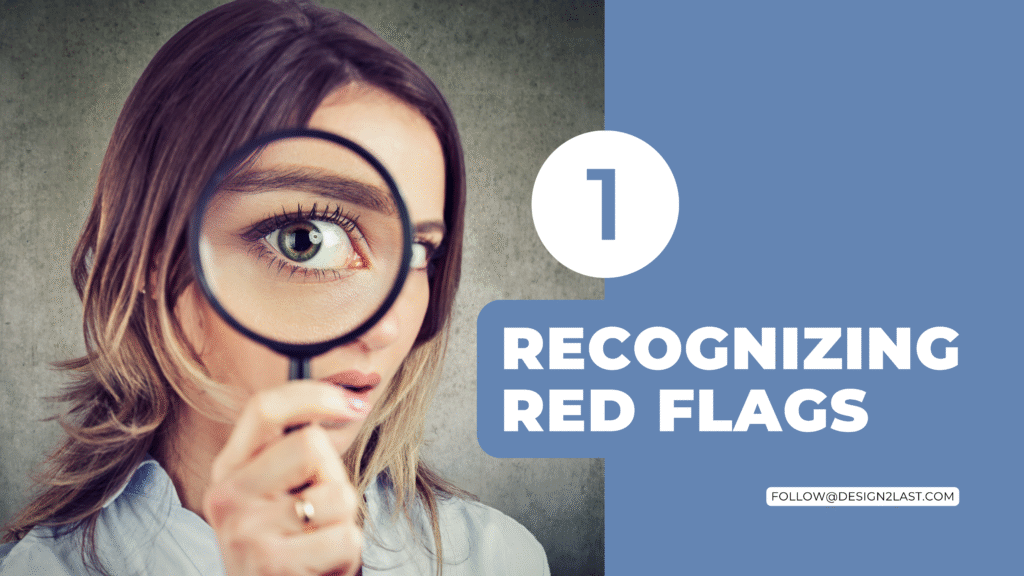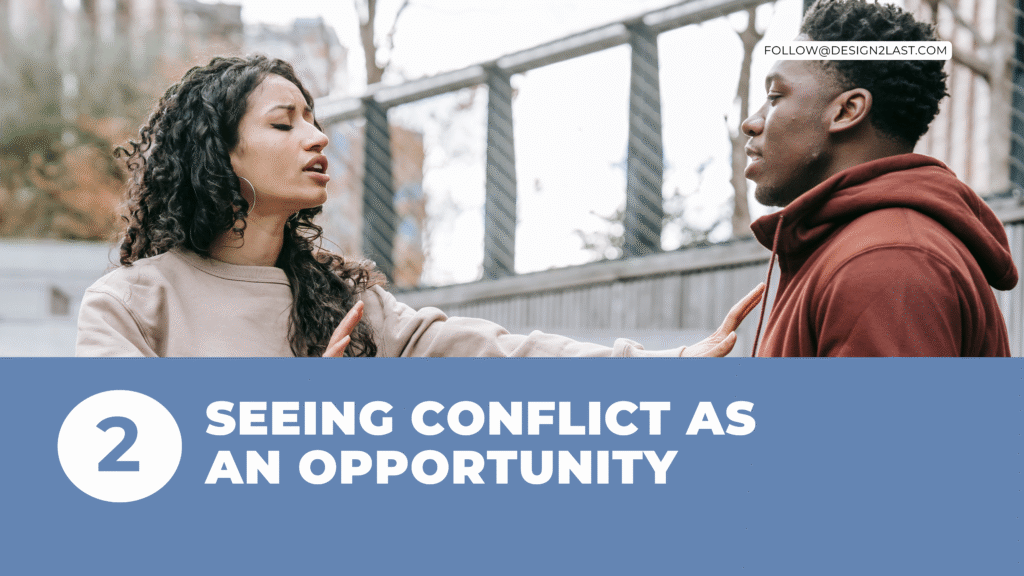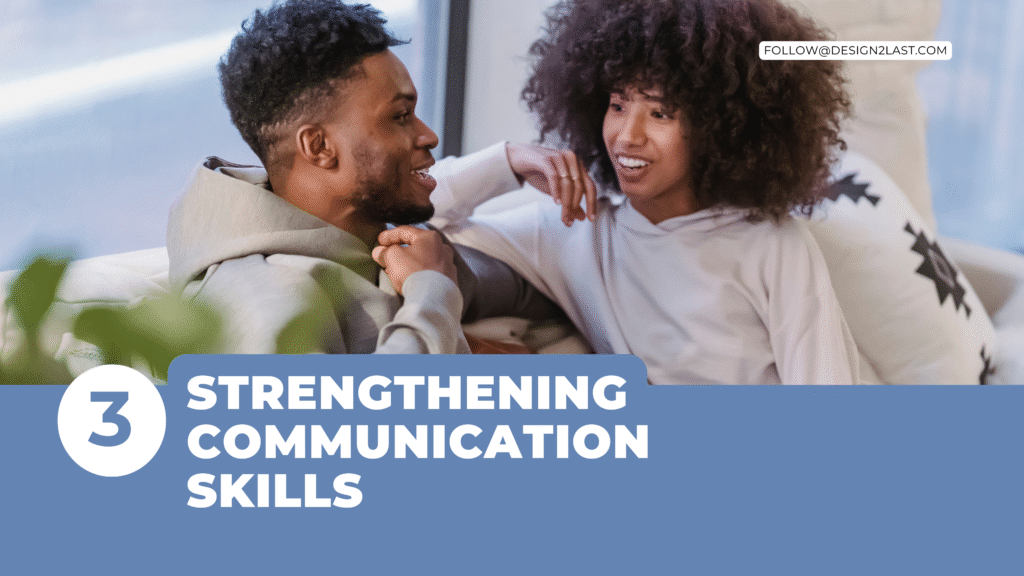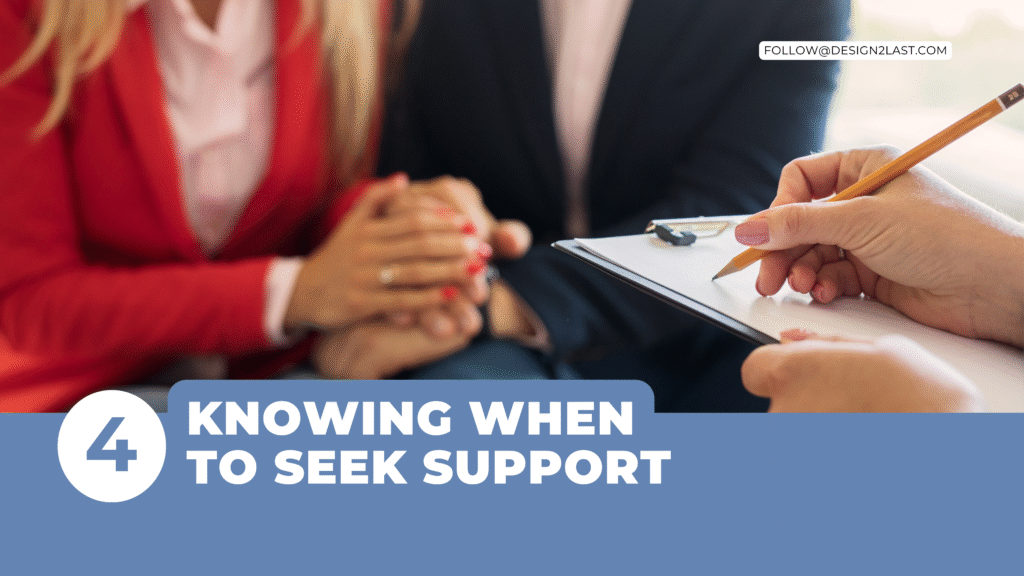
Every relationship faces challenges. While some may be warning signs that something is amiss, others are opportunities to grow together and build a stronger bond. The key lies in recognizing the difference and responding with wisdom and care.
At Designed2Last, we believe that navigating challenges is an essential part of creating lasting connections. Here’s how to approach relationship struggles with clarity and purpose.
1. Recognizing Red Flags
Red flags are patterns of behavior that indicate problems in a relationship. Some common examples include:
- Lack of trust: Dishonesty or secrecy about significant matters.
- Emotional manipulation: Controlling actions through guilt or pressure.
- Disregard for boundaries: Ignoring personal or emotional limits.
- Poor communication: Avoiding open and honest discussions.

2. Seeing Conflict as an Opportunity
Not all challenges are red flags. Many conflicts provide opportunities for growth and understanding. When addressed constructively, disagreements can strengthen your relationship.
Here’s how to approach conflict:
- Stay curious: Ask questions to understand your partner’s perspective.
- Collaborate: Work as a team to find solutions that satisfy both of you.
- Stay calm: Avoid defensiveness and focus on resolving the issue.

3. Strengthening Communication Skills
Good communication is the foundation of every healthy relationship. Without it, misunderstandings can lead to bigger problems.
Try these tips to improve communication:
- Use “I” statements: Express feelings without blaming your partner.
- Listen actively: Pay attention to your partner’s words and emotions.
- Practice empathy: Validate their feelings and show understanding.

4. Knowing When to Seek Support
Sometimes, challenges can feel overwhelming. Seeking help from a counselor, mentor, or trusted friend can provide clarity and guidance.
Here’s why seeking support is important:
- Fresh perspective: A neutral party can offer valuable insights.
- Strengthen the bond: Addressing challenges together shows commitment.
- Growth mindset: Getting help reflects a willingness to improve.
